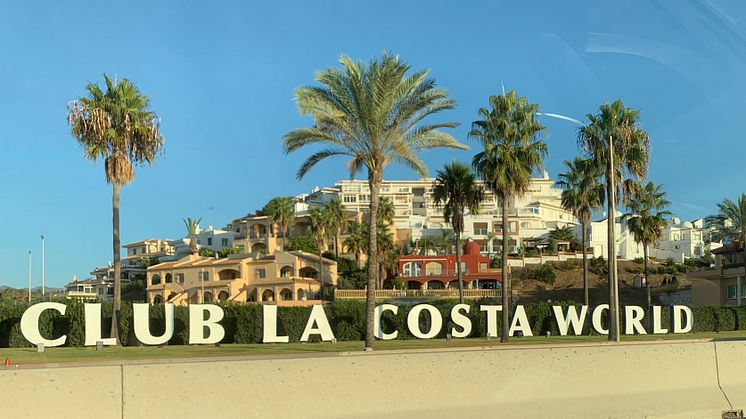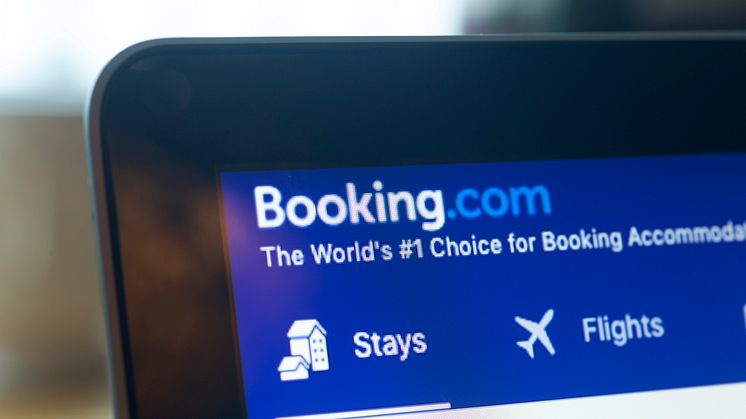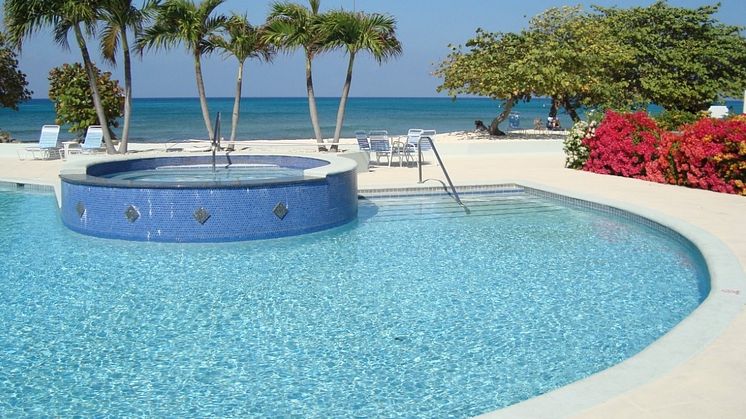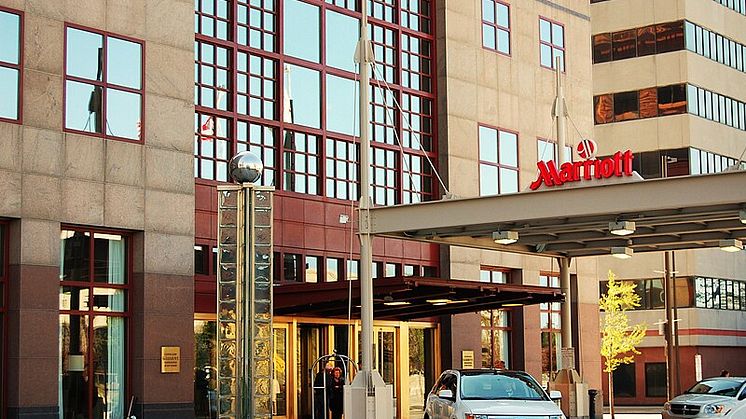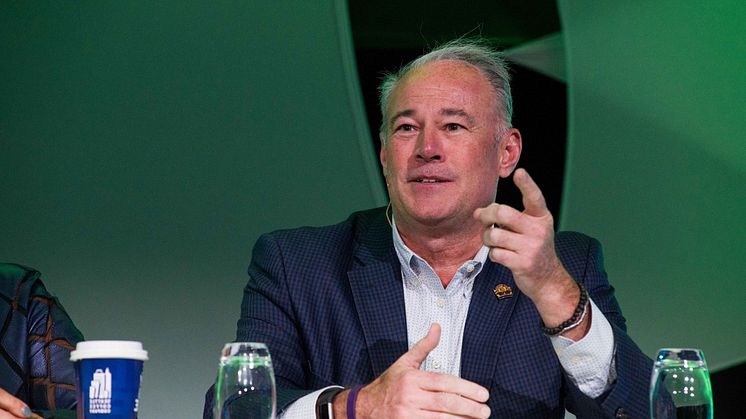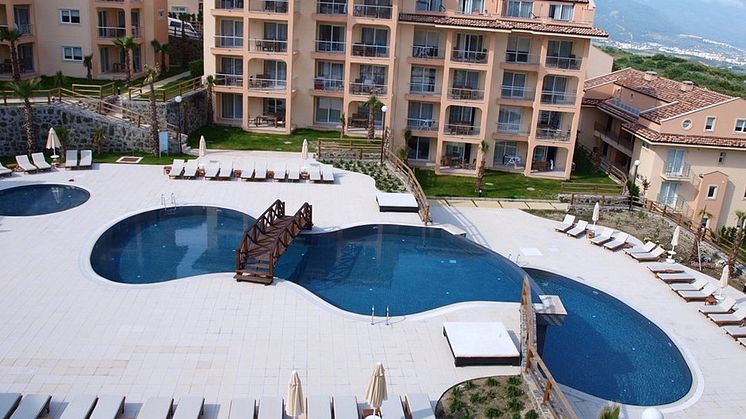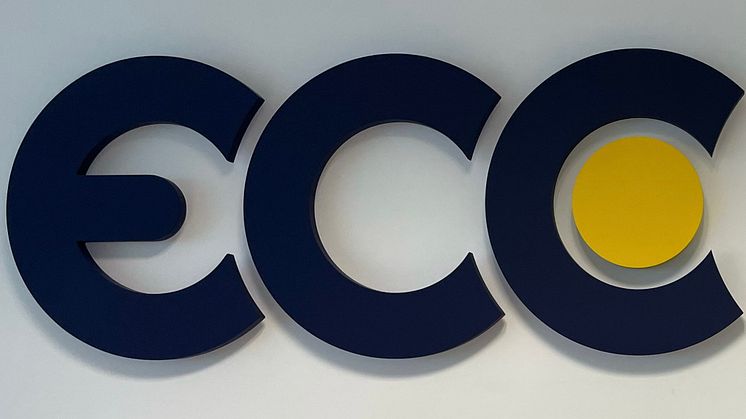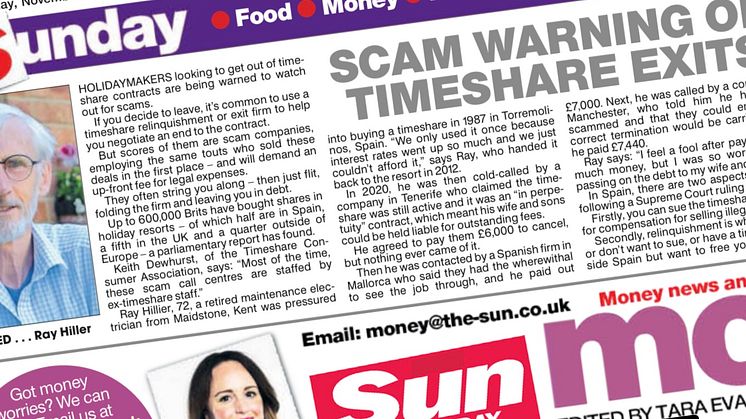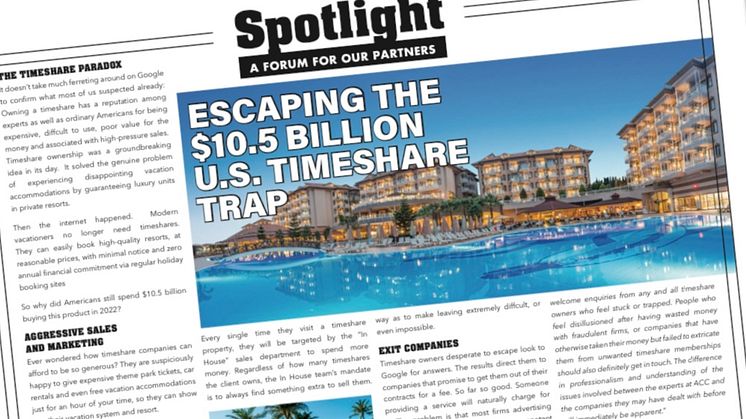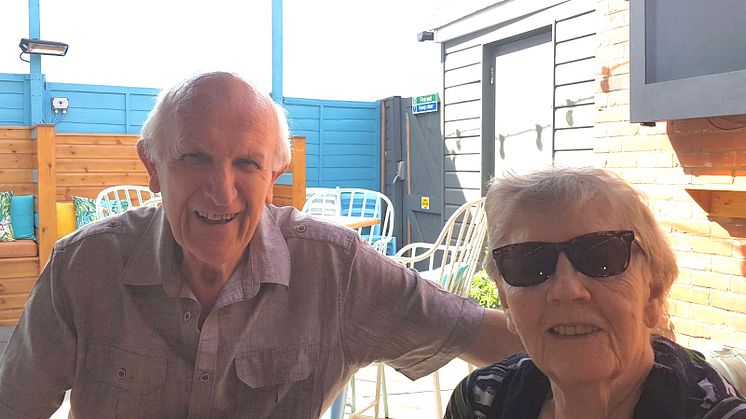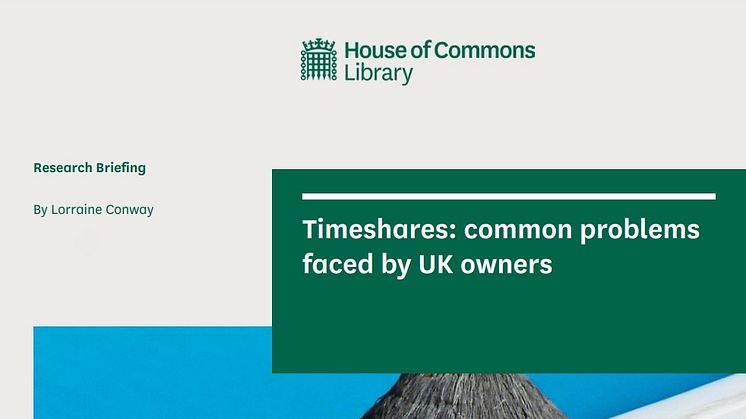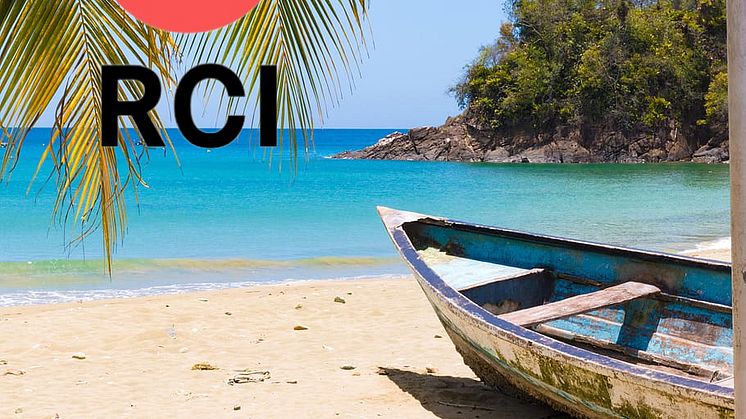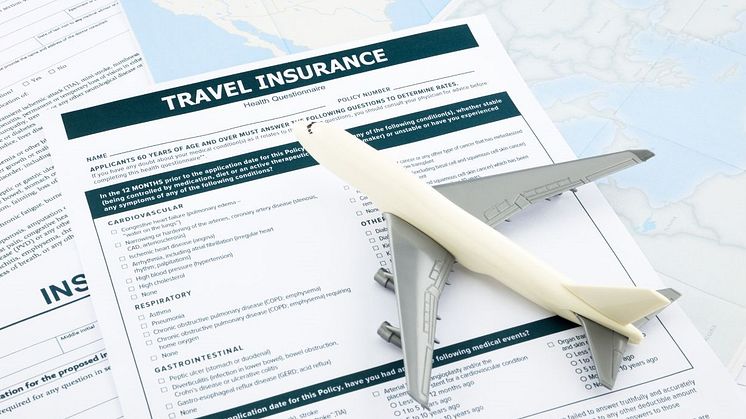
Press release -
Why are timeshare sales still thriving in the US, despite fizzling out in Europe?
The decades long roar of timeshare sales in Europe have died down to a whimper. All the giants from the 80s and 90s have fallen as modern travellers opt overwhelmingly for the convenience, savings and quality of regular holidays. So why hasn't this happened in the USA?
Rise of a leviathan
Buying timeshare is pretty much universally acknowledged by independent experts to be a poor financial decision.
It wasn't always so. In the 1980s, 1990s and even early 2000s, the heyday of timeshare, it solved real holiday problems both in Europe and the USA.
Before the internet, we booked our holidays in person at travel agents and we made our choices based on glossy brochures. These images were taken from the best possible angle, in the best possible light, and in the units with the best possible views. Often we turned up to accommodation that disappointed compared to expectations.

Timeshare filled that economic niche and exploded into the marketplace. It guaranteed luxury for future holidays, both in your home resort and elsewhere. Sure, it was expensive, but good things always are.
People signed up in their droves. Even today, 20 million people worldwide still holiday through timeshare.
Holidays evolve
Around the year 2000, our world began to change forever with the proliferation of the internet. Suddenly we had access to infinitely more information than a single picture in a brochure. We could see customer ratings and detailed reviews on TripAdvisor. We could also book when, where and how we wanted on sites like Booking.com. The extra expense and inconvenience of timeshare no longer made sense. Especially when all major resorts began allowing non members to book their rooms, often for the same cost as (or sometimes even less than) members pay in annual maintenance fees.
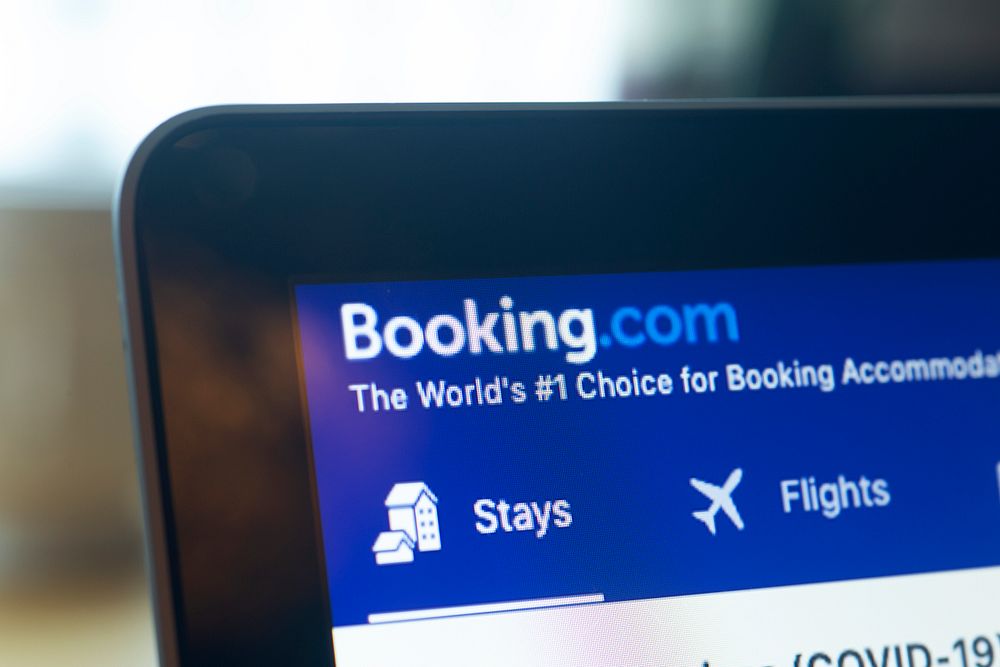
Timeshare failed to evolve anything like quickly enough. Compared to the free market, their systems are restrictive, inefficient and unappealing.
Why would people continue to pay huge amounts of money for membership of a resort or club that they could use without joining?
Why would they commit to annual fees forever, whether they holiday or not? Fees which can be raised at will by the resort...
In Europe, people have all but stopped buying timeshare. In the US, people are buying more than ever with sales topping $10.5 billion in 2022.
So, why are Americans still hooked?
Consumer protection
Since 1999, strict consumer laws have been in force in Europe.
Timeshare is a notoriously emotional sale, and people on holiday are in a positive emotional state. It is well known that feeling good is conducive to making buying decisions, and a lot of timeshare's sales success has resulted from people in a 'holiday mood' being shown luxury and assured that they deserve it.
Many of those people exiting their planes under the leaden skies of Northern Europe at the end of their holiday regretted their decision. The consumer laws forbade resorts from taking any kind of deposit on the day or even during the Cooling Off Period (which is currently 14 days).
People who get caught up in the moment, but do not make any financial commitment often decline to go ahead with a timeshare purchase when given 14 days to 'think about it'. They slip back in to a more logical frame of mind and remember other expenses that prohibit the purchase. As well as the relative importance of a costly timeshare membership compared to other aspects of their lives.
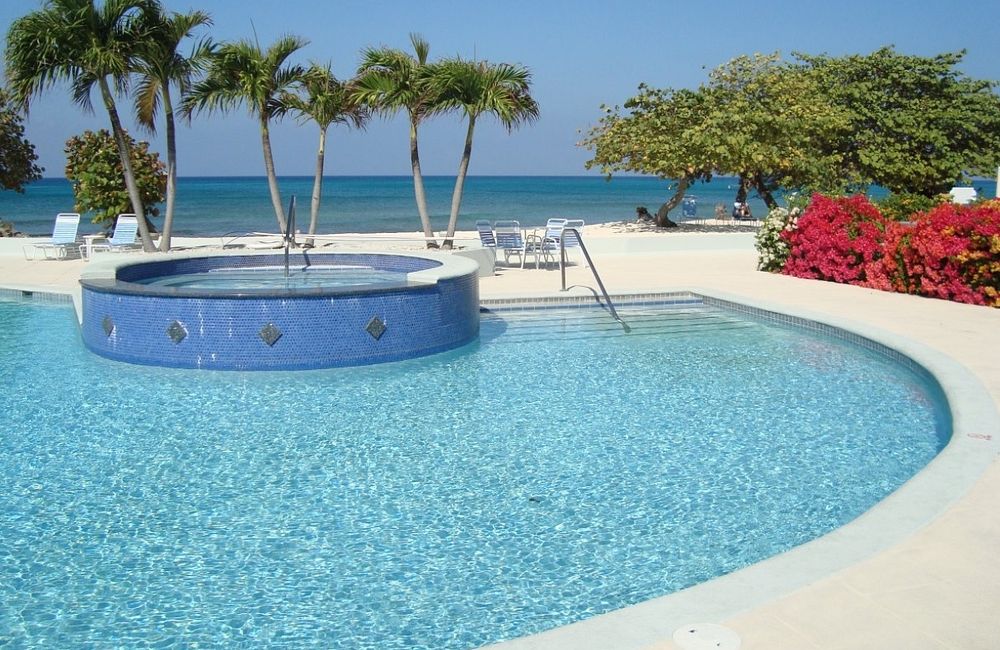
The USA has nowhere near as much consumer protection. It is the world's foremost capitalist economy. By way of example, the US is the only developed nation without universal healthcare (which would be seen as 'socialist' medicine by many Americans). The national psyche seems to be focussed on enabling business above other priorities.
There are recision periods legislated which vary from 3 to 15 days depending on the state. But deposits are allowed on the day, and many customers report their cancellation communications being ignored.
US customers therefore find it easier to join in the 'heat of the moment' and face potential obstacles when trying to cancel.
Huge brands
In Europe we have had some pretty sizeable timeshare brands: Club La Costa and Anfi probably being the leaders of the pack. As big as these companies were, they still had to dedicate a decent part of their sales presentations to 'company credibility' in order to convince a prospect to part with tens of thousands of pounds.
In the US, most timeshare is sold by HUGE brands like Wyndham and Marriott.
These are names that are known all over the world. Their credibility is beyond dispute.
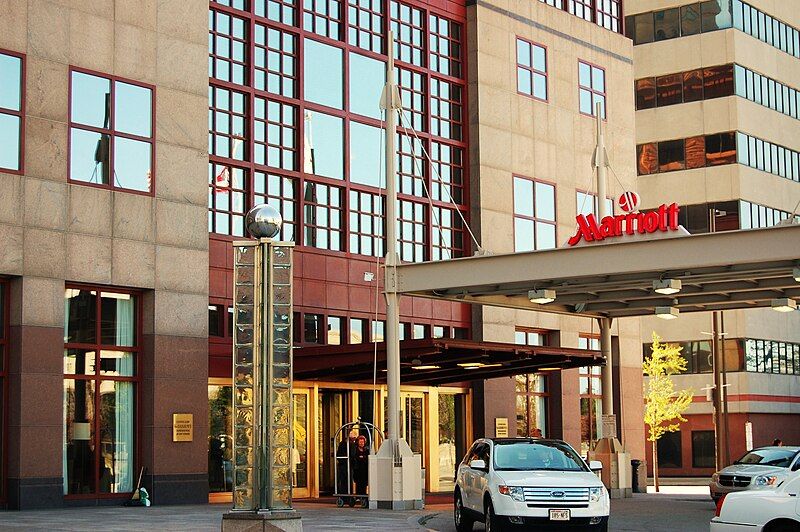
The chances are that the UPs (Unsold Prospects) have already done business with those brands before via regular hotel stays, and had positive experiences.
So when these established, giants-of-holiday-commerce tell people that they are getting a great deal, much of the trust and credibility is already there.
After all, if there was something wrong with the way Marriott or Disney was operating, then how could they possibly be as successful as they are?
(Very) high pressure sales
Much has come to light in the media over the last couple of years about shocking behaviour from Wyndham sales staff.
Whistle-blower Trish Williams testified to salespeople lying about rates, fees and even the possibility of rental income. Affectionately known within the sales team as 'pitching heat,' these lies were allegedly ignored by management, provided they were not written down.
Another sales agent, Robert Parker testified to Wyndham's 'TAFT' Days. “TAFT is the acronym for ‘Tell Them Any F*****g Thing,’” Parker explained. “In other words, it didn’t matter what you said. We need business. Today’s your day. Just tell them whatever you got to tell them. That’s what TAFT is.”

Top saleswoman, Anita Howell, bragged to her colleagues: "I sold my soul to the devil. I can say whatever I want so long as I don't put it in writing, that's why Wyndham has good lawyers."
Other abuses include 'buy back fraud' (the false promise that Wyndham would buy the membership back if the customer wanted in the future) and applying for and maxing out credit cards on behalf of elderly prospects, without their knowledge in order to help them buy Wyndham timeshare.
If this behaviour was practised by staff working for market leaders Wyndham in the USA, then the logical assumption is that other brands may have similar contempt for their customers.
Little wonder that huge amounts of people are buying a product that makes minimal financial sense.
The future of US timeshare
These three factors can help explain people making the initial purchase of timeshare memberships in the US.
The other side of that coin is that many of those people become unhappy with their memberships upon later reflection, and are now looking for ways to escape.
"Even the most well sold timeshare buyer sooner or later realises that they are financially worse off by using their membership to holiday in the same resorts as other non members," says Andrew Cooper, CEO of European Consumer Claims (ECC).
"Timeshare literally confers no advantage over regular holidays in the modern marketplace.
"It is a testament to the strength of timeshare sales operations that they convince so many people to part with money for something that many users don't actually benefit from."
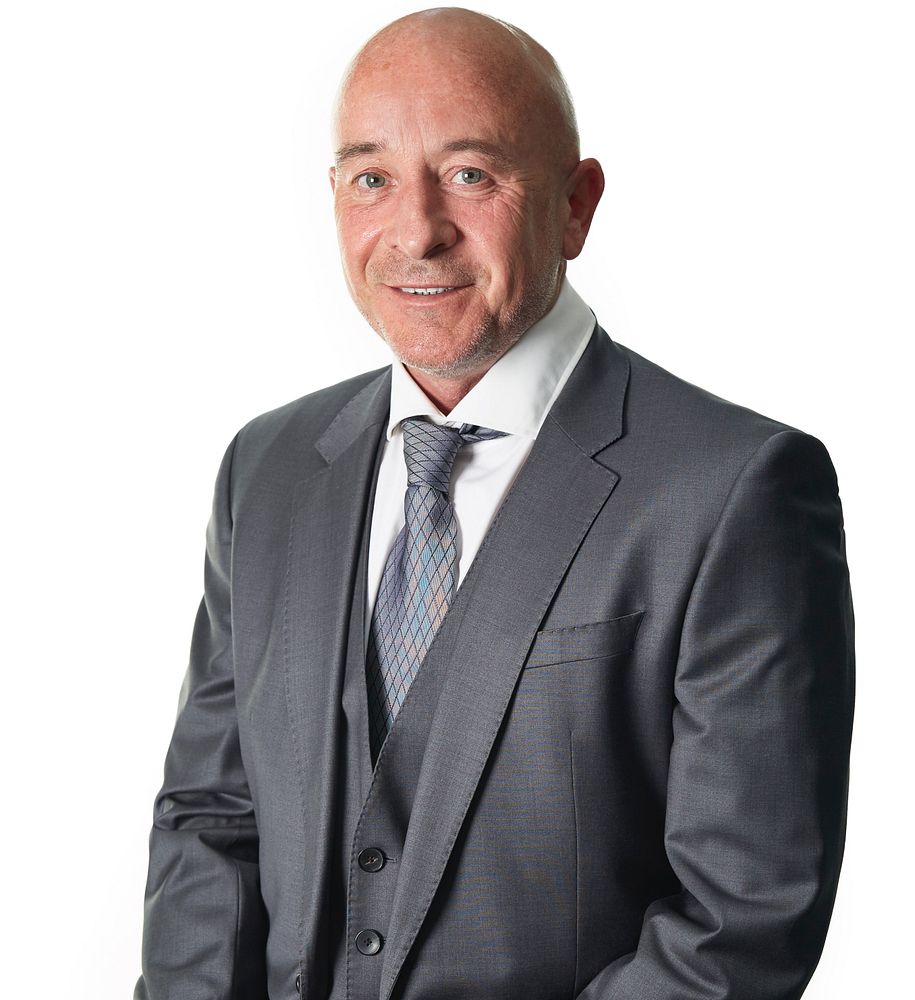
If you are a timeshare owner (whether in the USA, Europe or anywhere else) who is unhappy with their membership, and would like to know your options regarding potential freedom from your contract: Get in touch with our team at the Timeshare Advice Centre (TAC) for a free, no obligation consultation.

Related links
- Timeshares: Dream Vacation or Money Pit?
- Timeshare Advice Centre
- TAC contact page
- European Consumer Claims
- Who is Andrew Cooper? Meet the CEO of European Consumer Claims
- Are timeshares a good investment?
- Is timeshare good value?
- £120k timeshare nightmare leaves Bristol couple facing debt ridden retirement
- RCI timeshare stats
- Book your timeshare holiday.... on Booking.com
- Timeshare exchange system failures highlighted
- Feet in the desert. Timeshare industry giants disappearing into history
Topics
Categories
Regions
TAC provides timeshare claims services, relinquishments expert advice and help
E: (for media enquiries): mark.jobling@ecc-eu.com
T: (for media enquiries): +44 2039962044
E: (for client enquiries) EUROPE: info@timeshareadvicecentre.co.uk USA: info@timeshareadvicecentre.us
T: EUROPE: +44 800 102 6070/+44 203 807 3388. USA: 1-888 203 5448/ 1-332 867 1213
Monday to Friday: UK timings: 9am-8pm. Saturday/Sunday closed. USA 9am -8pm EST. Sunday closed
Follow Timeshare Advice Centre UK on Facebook here. Timeshare Advice Centre US here
Follow Timeshare Advice Centre UK on Twitter here. Timeshare Advice Centre US here
Relevant websites for this article



